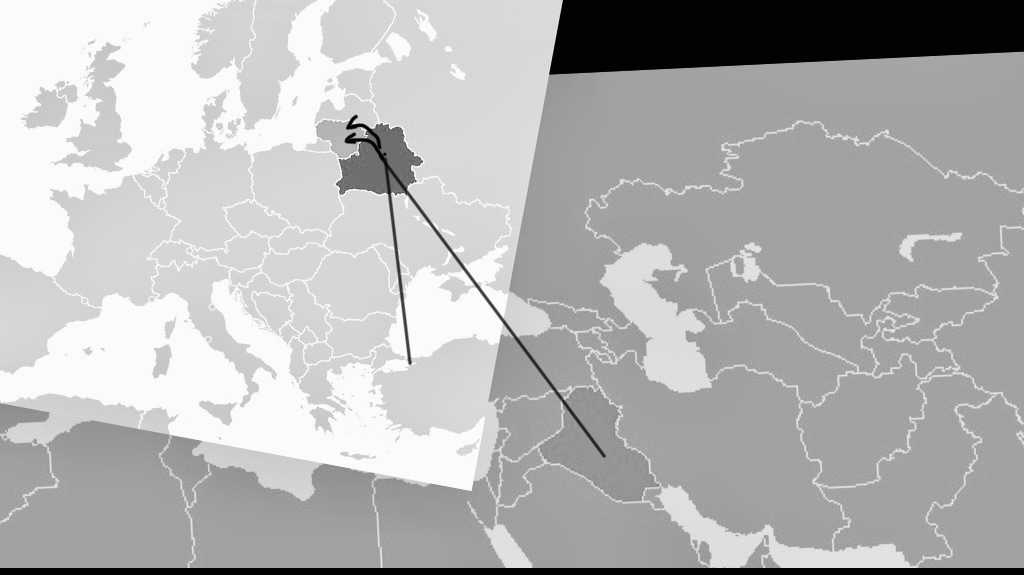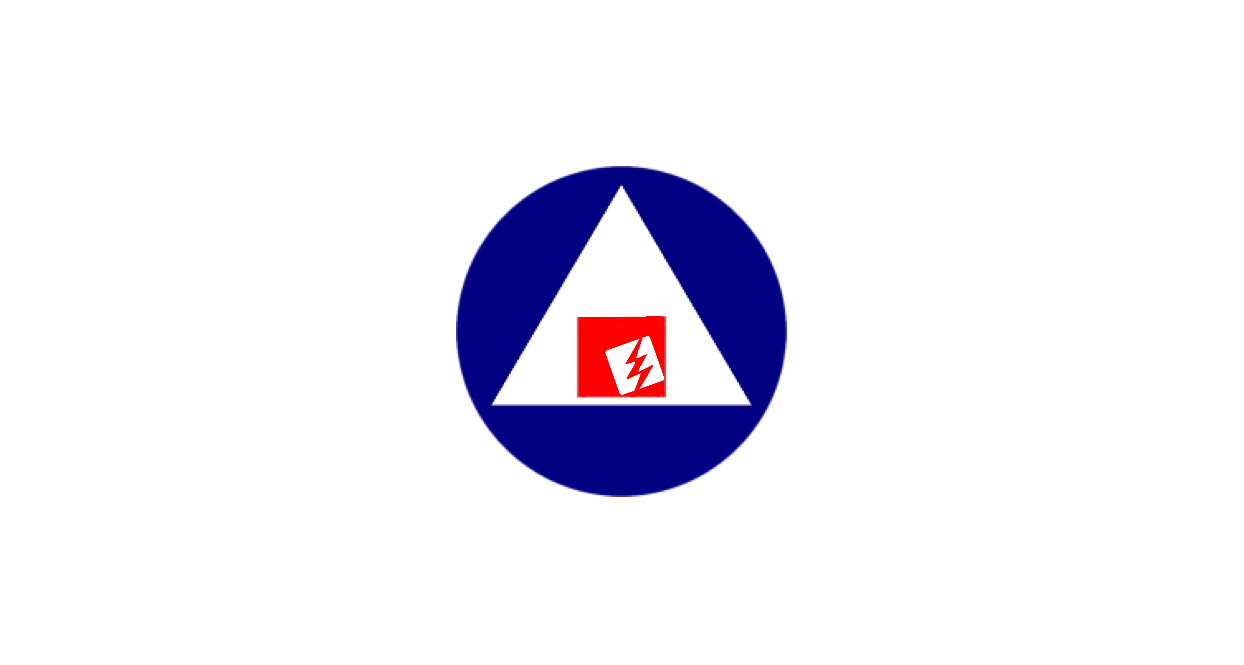Belarus sharpens a weapon of “irregular migration” against Lithuania
As Lukashenko cracks down, Lithuania steps up to help the Belarusian opposition — and finds itself the target of new hybrid measures from Minsk
Over the past few weeks, hundreds of migrants, primarily from Iraq, have crossed the border from Belarus into Lithuania. Lithuania’s government says this is a targeted campaign against Lithuania using state-backed human trafficking schemes sponsored by the Belarusian authorities.
This comes just weeks after Belarusian President Alexander Lukashenko warned that he would weaponize migration against the West: “We were stopping migrants and drugs — now you will catch them and eat them yourselves.”
Lithuanian Foreign Minister Gabrielius Landsbergis tells Great Power:
“Lukashenko closed his country down so that his own people could not flee his dictatorial methods. Now he is showing that he is not just a mere dictator, but more of an Escobar-type smuggler — providing government-owned planes and assistance to help illegal immigrants from Iraq and Syria reach European borders. He must think that this is the way Europe will stop putting pressure on his murderous regime or helping the opposition. Yes, we might need assistance in securing the European eastern border and stopping the flows of people, but that won’t make us back down from defending the right course.”
Lukashenko’s latest outburst came in response to new sanctions and restrictions imposed by the EU following Belarus’s state-hijacking of a passenger flight in order to arrest Belarusian journalist and activist Roman Protasevich. Belarus, which had security service officers posing as passengers on the flight, used a fake bomb threat and intervention by Belarusian air traffic control to force the RyanAir flight, en route from Greece to Lithuania, to land in Minsk so Protasevich could be detained. Since his arrest, videos have been posted showing confessions coerced from Protasevich. He is charged with organizing “mass unrest” for his role in organizing opposition demonstrations in Belarus, but the charges could be escalated to “terrorism.”
Lithuania, an EU member and NATO ally, played an active leadership role in organizing the response to Lukashenko’s latest aggression. Now they are in the center of the target for retaliation.
The scheme proceeds roughly like this: Iraqis and some Syrians arrive in Minsk on flights from Istanbul and Baghdad. Some of these flights are operated by Iraqi Airways, and others are operated by a Belarusian company allegedly controlled by Lukashenko, according to independent Belarusian media reports. Migrants from these flights arrive in Minsk and receive visas as they enter. They wait in Minsk until they are told to move to the border, where they receive assistance from the Belarusian border guard to move across the border to Lithuania. Lithuania’s border guards have released video showing their Belarusian counterparts erasing the footprints of the migrants at the crossing points.
Belarus shares western borders with Ukraine, Lithuania, Latvia, and Poland — but the migrants receiving help to cross the border are almost entirely directed into Lithuania. The forested border with Lithuania is about 420 miles long; less than 40 percent of it is covered by electronic surveillance. The new migrant flows represent a two- to three-fold increase over last year.
“Those flows of the illegal migrants who travel to Lithuania are not just random cases,” said Lithuania’s Interior Minister Agne Bilotaite. “These are well organized. There are flights from Baghdad and Istanbul to Minsk.”
The migrants pay at least 1500 euro per person for this service, and likely far more — possibly up to ten-times that amount — a nice moneymaker for Lukashenko as a double-dip on the benefits of hybrid aggression. The migrants seem to be drawn from a pool of random Iraqis eager to find a way to Europe to apply for asylum. Belarusian media reports that as the scheme becomes better known, it is drawing more people from the Middle East looking for a safe route into Europe.
There are reports that there may already be more than 1000 Iraqis in Minsk awaiting their turn for help to cross the border, creating a powerful lever for Lukashenko (and by proxy, for Moscow, Lukashenko’s patron) to use against Lithuania at will, likely hoping to trigger political instability if the government is unable to control or respond to the arrival of illegal migrants in the country.
Narratives about out-of-control migration and “criminal refugees” have been heavily exploited by Russian propaganda and information operations targeting Europe, including the Baltic states. In the Baltic states in particular, this has left a perception of the threat from migrants vastly out of alignment with realities on the ground. The ground is prepared, though. Thankfully, Lithuania has some of the best information defense capabilities in NATO. But this new flow of migrants could build local pressures fast.
Lithuania has bolstered its border guard with reservists, is discussing whether the military should be used to reinforce the border, and has asked for help from the EU, which should arrive by mid-July — but Lithuania’s capacity to hold, house, and process these new migrants is already close to its max.
In addition to the EU, Lithuania has briefed NATO and is reaching out to allies and partners, including the United States, on a bilateral basis to share information and request assistance with expertise on how to monitor the border more effectively, secure it quickly, and deal more rapidly with those who have crossed. They are also seeking additional personnel to deploy to the border, as well as intelligence support that can help them track and predict the movement of the migrants.
Lithuania currently hosts one of NATO’s Enhanced Forward Presence battalions, forward-deployed personnel and equipment meant to help bolster deterrence along NATO’s northeastern flank after Russia’s invasion and annexation of Crimea, and the ongoing war in eastern Ukraine.
In the manipulation of migrant flows, Lukashenko has example to draw on from his patrons in Moscow. In 2015, Russian bombing campaigns in Syria heavily targeted civilian areas and infrastructure, driving a flood of refugees out of Syria and into Europe. This weaponized migration fueled a political crisis within the EU. Russia has also helped facilitate the movement of Islamic fighters into Syria and Iraq, and it has facilitated routes for migrants from Africa and elsewhere to Europe across Russia.
In this case, Belarus has sharpened and adapted this Russian tactic of weaponized migration, with Lukashenko facilitating human trafficking through Belarus to use weaponized migrant flows to exact a political and security price from those he sees as meddling in his ability to crackdown on an increasingly vocal and organized opposition that has growing popular support.
“It is obvious that a hybrid war is being waged against Lithuania, and illegal migration flows are one of the means,” said Interior Minister Bilotaite.
Lithuania has for years welcomed Russian and Belarusian journalists and activists who find themselves under threat at home. It also hosts a number of American and European organizations working with these groups who are no longer welcome in Moscow or Minsk. Lithuania has been outspoken in its criticism of Lukashenko’s efforts to crush the opposition after last year’s presidential election, during which the Belarusian opposition helped document measures used to rig the election for Lukashenko, and then how he received support from Moscow to maintain control. Lithuania has offered safe harbor to several opposition leaders, which has allowed them to stay out of jail in Belarus while they actively seek support in the West for new elections and for the release of journalists and activists from jail.
All of this comes with a cost — but Lithuania does it anyway. Everything from their 20th century history tells them to do so. Today, June 12, is in fact the day that many countries, including Lithuania, commemorate the victims of communism. On June 12, 1987, President Ronald Reagan delivered his speech at the Brandenburg Gate, admonishing: “Mr. Gorbachev, tear down this wall!”
Lithuania remembers how vital US support was in galvanizing independence movements in these final years of the Soviet Union. They also have their recent experience as a new democracy, which tells them while it may not be the easy or comfortable choice, everything they do to support Belarusians is the right thing.
This leadership doesn’t waiver as governing coalitions change and as pressure increases. Lithuania is absorbing a lot of the heat from Minsk, and they deserve more support as they do so.
— MM



